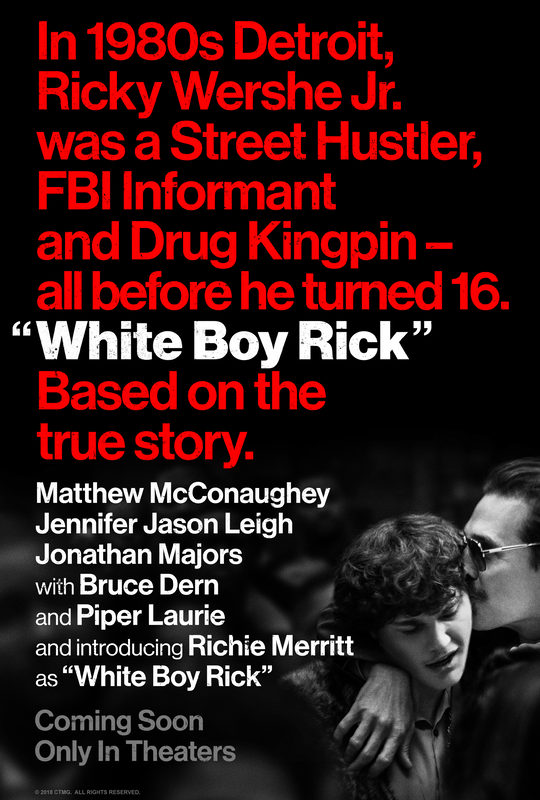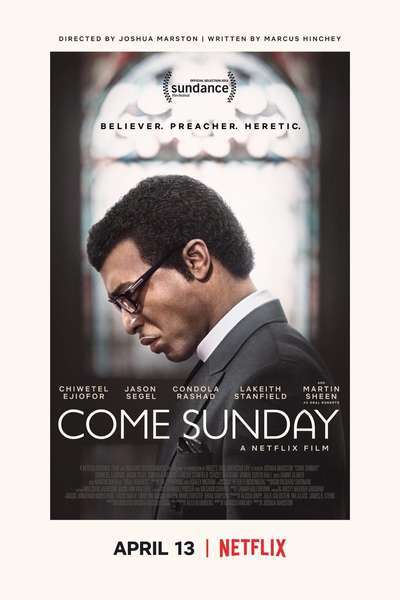Here are some facts everyone should be able to agree on: Tom Cruise is an absolute weirdo in real life. Also, he is still to kick all kinds of ass at an age most would retire at. This critically acclaimed action spy thriller was released worldwide on July 27th, 2018, grossing over $777 million at the box office in the U.S. and across international waters. Despite the apparent collapse of MoviePass, nothing seems to be stopping casual viewers from going out to see this, making it the highest-grossing entry in the franchise thus far. This is likely due to the outpouring of gushing critical praise it has received from all walks of film criticism, whether from major publications or smaller independent labels. Written and directed by Christopher McQuarrie, the film marks the first time a director has made a return to the series, having helmed the previous installment Rogue Nation. Although it initially hit a stumble due to a dispute over the star’s salary, McQuarrie promised he was returning because he wanted to do something very different than had been expected thus far from the franchise. Aside from overlapping with another actor’s schedule, which triggered an unwanted Internet sensation, it’s also worth noting that Cruise managed to break his ankle while filming- and kept on going anyway. Roughly two years after the events of Rogue Nation, Tom Cruise returns as Ethan Hunt, a highly trained operative for the super-secret organization IMF. After a group of anarchists called the Apostles steal a large amount of plutonium, intent on reshaping the “world order,” Hunt and his team are tasked with tracking down the stolen devices. Meanwhile, they’re being monitored by a deadly CIA agent named August Walker, played by Henry Cavill, in case their mission goes awry. But they all soon realize that multiple other parties are interested in acquiring the plutonium and it becomes a race against time. I have been a big fan of the Mission: Impossible series ever since the third entry in 2006, directed by J.J. Abrams. While it has been around since the mid-90’s, it was at that point I really became invested in the franchise, which only got better from that point onward. So my expectations were not exactly low for Mission: Impossible- Fallout, especially after the high of Rogue Nation in 2015. In fact, when the film first started, I was actually afraid that it wouldn’t live up to any of the massive hype that it had received. And yet, my hopes and/or fears were absolutely supplanted because this is by far the best one in the franchise. However, after watching it, I’m a little bit concerned. Not whether it will win over other new audience members, that much is already guaranteed. Rather, I’m concerned about how this franchise, should it decide to continue onwards, will be able to match or top itself in the next installment. Where are they going to go from here? Up into space? Deep beneath the sea? I honestly don’t know. Not since walking out of Mad Max: Fury Road for the first time has a major studio action movie left me so completely gob smacked. Tom Cruise can be a good actor when he wants to be, and Fallout is perhaps his best turn yet as Ethan Hunt. As per usual, he gives absolute physical commitment to the role, able to pull insane on-screen stunts while still delivering on the dramatic heft. This time, he’s given more depth and much more to lose as we dive further into his characters psyche. While the regular members- like Simon Pegg, Ving Rhames, and Rebecca Ferguson -return to their respective roles, it’s the new players that really standout. Angela Bassett and Vanessa Kirby deliver badass, powerful women as CIA Director Erica Sloane and the White Widow, respectively. They each have their own agency and ways of going about their business, elevating beyond what could’ve easily been Bomd Girl stereotypes. And then there’s Henry Cavill as August Walker, the shadow agent for the CIA. Charismatic and physically imposing to a fault, it’s unclear what his motivations are but nonetheless creates exciting conflict. And yes, the famous Moustache Controversy with Justice League was worth it, as he gives off an everyman vibe. As always with the series, Mission: Impossible- Fallout is a complete technical marvel. Rob Hardy chooses to primarily shoot with a 35 mm lens, as well as IMAX cameras, which allows for many action scenes to actually be caught on-camera. The incredibly steady, confident movement throughout the film creates a certain fluidity missing in most films in the genre. There are at least 3 incredible stunt-filled set pieces that showcase how much Cruise and McQuarrie are committed, especially a 3-minute HALO jump taking place in real time. Meanwhile, the editing job by Eddie Hamilton is exquisite, creating enough space between shots to keep tension. This is highlighted in a violent brawl in a prestige bathroom, where it moves between each subject effortlessly. Without music to accompany that scene, you can feel every punch and jab delivered. Speaking of music, Lorne Balfe composed and conducted the best score for the franchise thus far- and that’s REALLY saying something. The use of heavy brass and string staccatos help to punctuate the urgency of the team’s mission. It’s also extremely percussive, using instruments such as bongos, jaunty snare drums, and other tools to add to the momentum. In many ways, it reminded me of some of Hans Zimmer’s earlier works, particularly The Dark Knight trilogy, in the best ways possible. There’s obviously the iconic theme from the original show by Lalo Schrifin, which both opens and closes the film. But overall, Balfe is able to make it his own, and is definitely listening to multiple times through. I haven’t felt this much of a adrenaline rush from a movie in so long. In a world that continually files genres away into subcategories, it’s riveting to see a straight-up action movie that delivers on exactly what it wants. Mission: Impossible- Fallout is a fantastic balancing act between all the essential departments of filmmaking. Not only does Tom Cruise and his death-defying stunts draw audiences in, they stay for the gripping manner in which Christopher McQuarrie tells the rather simple story. This is the best Mission: Impossible film by far, and worthy enough to rank among the best action movies I’ve ever seen in theaters. Believe the hype.



